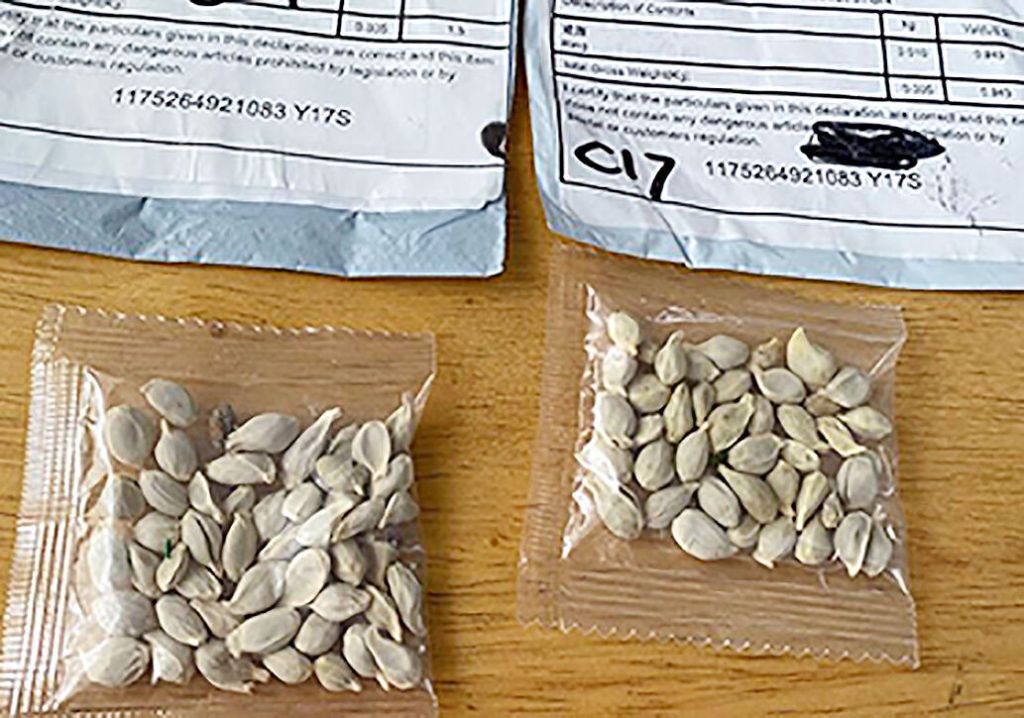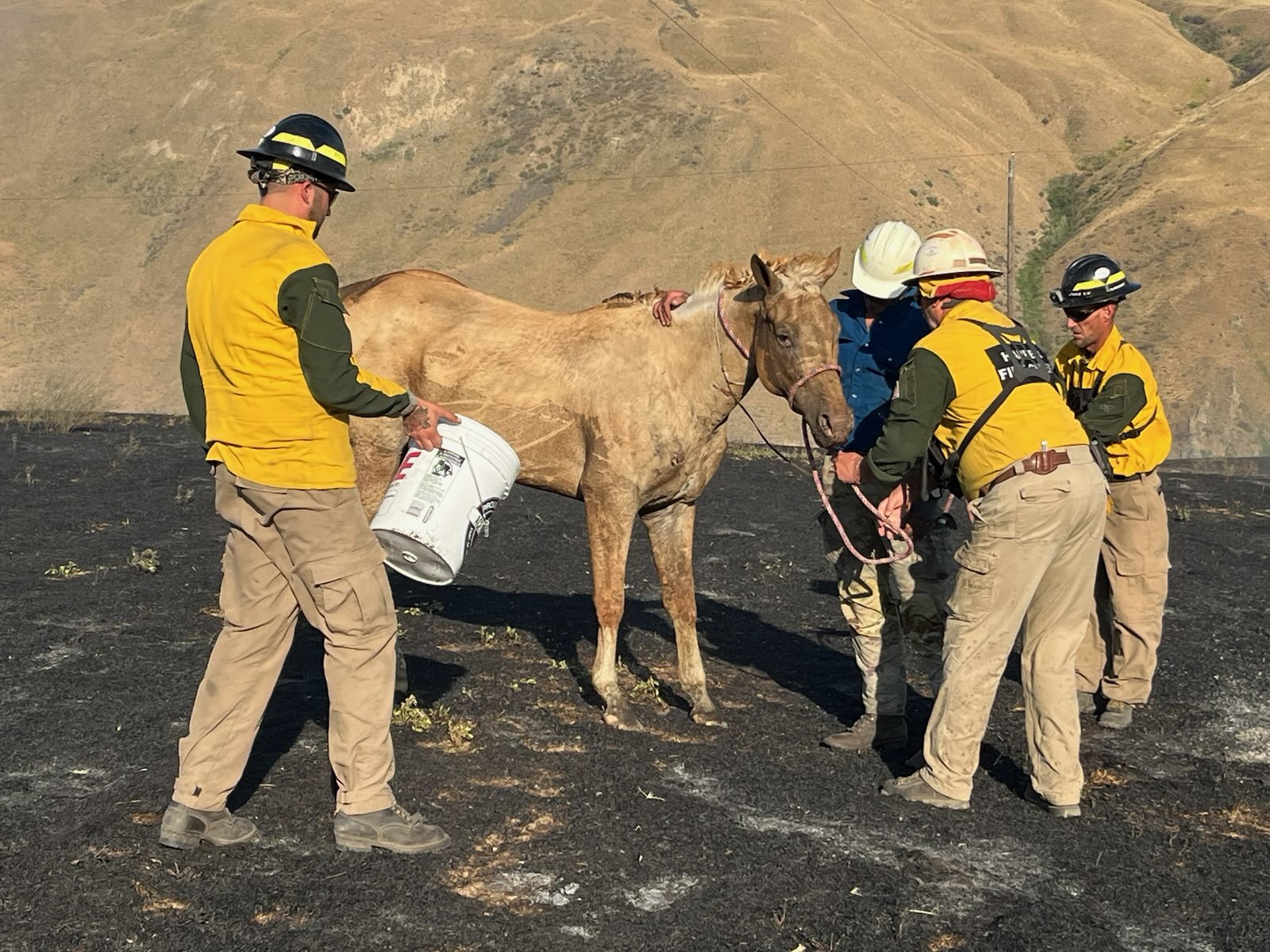Mysterious seed packets from China baffle officials
Published 8:00 am Friday, July 31, 2020

- States are warning people not to plant the seeds they received in unsolicited packages and appear to have come from China. Some packages say they contain jewelry.
SALEM — Agriculture departments in at least 27 states are warning residents to report any unsolicited packages of seeds that arrive in the mail appearing to come from China.
Trending
The packages, officials warn, might contain invasive plant seeds, insect species or pathogens, some of which may be invisible to the naked eye.
Officials in Washington state, Virginia, Kansas and Louisiana have issued statements during the past few days about residents receiving in the mail packages of seeds that they did not order.
According to local news reports, residents in Utah, Arizona and Ohio have also received seeds. Chanel Tewalt, spokeswoman for the Idaho State Department of Agriculture, told the Capital Press Monday the agency has also received about 20 reports from Idahoans who received seeds.
Trending
“Please, do not open the seed packet,” Chris McGann, spokesman for the Washington State Department of Agriculture asked the Capital Press to tell readers. “It may contain insect pests or pathogens. These things could be inside any type of seed, and since they entered the United States without agricultural inspection, they pose a higher risk.”
In a statement, WSDA warned the seeds could introduce disease to local plants or harm livestock. Researchers warn the packages, if opened, may pose a risk to agricultural industries and the environment.
Photographs from WSDA show the seeds appear to have been mailed in white pouches marked on the outside with Chinese lettering and the words “China Post.” But Monday, the Ohio Department of Agriculture released photos showing seeds have also come in yellow envelopes.
The Kansas State Department of Agriculture’s statement said some of the packages were misleadingly labeled saying they contained jewelry. According to the Louisiana Department of Agriculture and Forestry, some residents reported packages labeled saying they contained toys or earbuds.
Officials say it is not yet clear why the seeds were sent and agency leaders have not yet tracked whether the people receiving packets fit a specific demographic or regional pattern.
Even the number of people receiving seeds is not yet clear, officials say. In Washington state, for example, some people have been reporting it to USDA, and others to various branches of WSDA, making it difficult to track the total number.
“We don’t have a good way of counting how many people are impacted yet. But I know we did get more reports over this weekend,” said McGann of WSDA.
In the first few days, people in some states were advised to put seeds in Ziploc bags and throw them away, while others were told to keep the sealed packages and await further instructions.
A USDA spokesperson told the Capital Press anyone who receives an unsolicited package of seeds from China should immediately contact their state plant regulatory official or APHIS state plant health director.
“Please hold onto the seeds and packaging, including the mailing label, until someone from your state department of agriculture or APHIS contacts you with further instructions,” the USDA spokesperson directed.
USDA will be responsible for conducting the investigation. The agency spokesperson said its Animal and Plant Health Inspection Service, or APHIS, is working with the Department of Homeland Security’s Customs and Border Protection and state departments of agriculture.
Tuesday, USDA spokeswoman Cecilia Sequeira said in a statement the agency currently does not yet have any evidence indicating this is anything more than a “brushing scam, where people receive unsolicited items from a seller who then posts false customer reviews to boost sales.”
The Chinese Embassy in Washington, D.C., did not immediately respond to request for comment.









